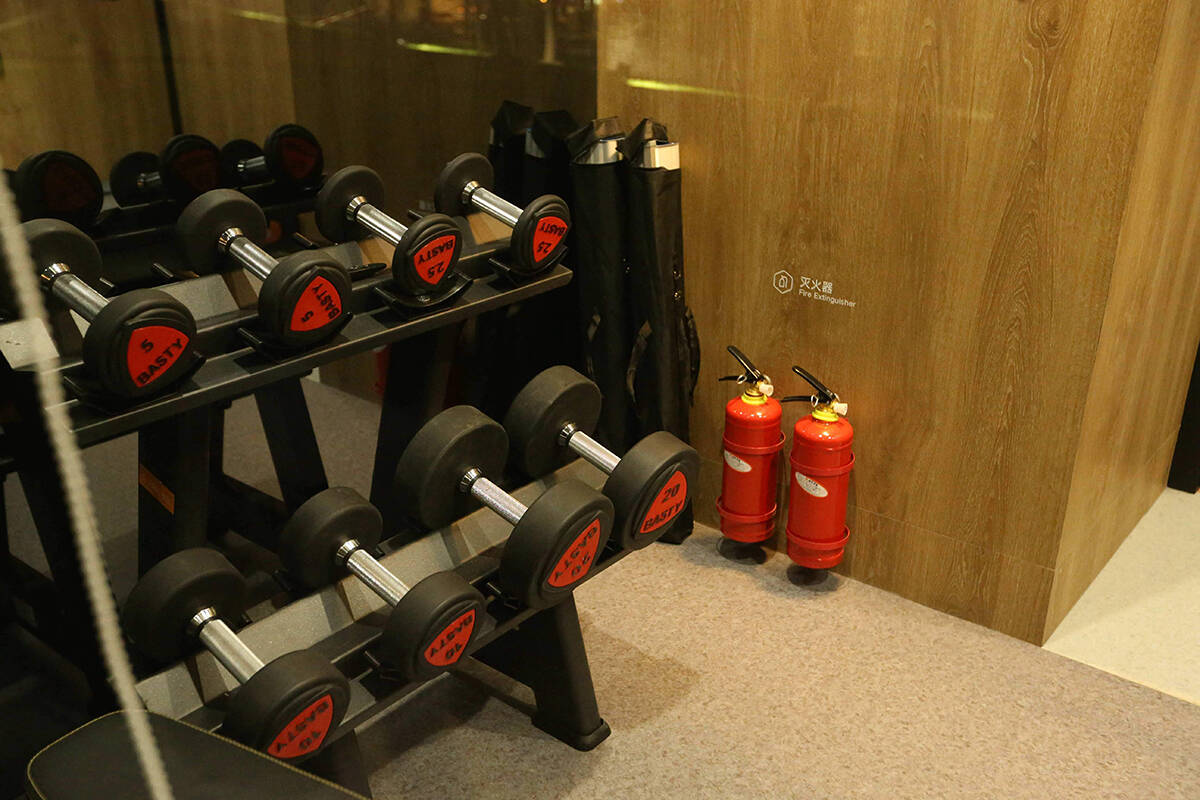Investing in employee well-being pays off.
Beverley Beuermann-King, a mental health and resiliency expert in Little Britain, Ont., says the research proves it.
Return on investment data for corporate wellness programs shows that investing in employee well-being results in improved employee engagement, increased productivity, reduced absenteeism and fewer injuries.
“If employees are healthy, then the organization is competitive,” she says.
Roberta Galbraith, who operates a grain and oilseeds farm with her husband and two sons near Minnedosa, Man., has become more intentional about promoting well-being since the 2016 University of Guelph surveys showed that farmers experience high levels of stress, burnout and mental illness.
Even little things can make a difference, says Galbraith.
During the busy season, the family conducts regular check-ins with employees to see how everyone is doing.
As a board member of the Manitoba Farmer Wellness Program, Galbraith also encourages everyone to take advantage of the program’s nine free counselling sessions available each year to farmers.
To support nutrition and hydration, everyone is supplied with an insulated water bottle and filtered water. In the busy spring planting and fall harvest seasons, Galbraith takes healthy meals to the fields.
At 5 p.m. each day everyone takes a 20-minute break to stretch their legs, have a visit and talk to their kids.
The farm also has a health spending account that covers medical expenses such as dental and vision.
In winter, they play hockey or curl, and they host a monthly cards night for the neighbours.
Galbraith says it’s important to have social opportunities because farm life can be very isolating.
Stephanie Maynard has also found it worthwhile to invest in wellness initiatives for her family and their full-time employees at their farm in Notre-Dame-de-I’Ile-Perrot, Que.
With the help of six full-time and 60 seasonal staff, Maynard and husband, Philippe Quinn, grow fruit and vegetables, operate a farm store and run a U-pick operation.
“We have an incredible team who often work extra hours and go the extra mile. We can’t afford to have a major player out for weeks or months with an injury. We prefer to offer preventive measures to avoid that as much as possible,” Maynard says.
The services of an osteopath, dental hygienist and personal trainer are available at no cost to employees at the farm on a regular basis. By bringing these services to the farm, Maynard notes, they alleviate the burden of employees booking appointments and finding the time to go to them.
“By getting these things done at work, they have more time on their days off for resting, to be ready to come back to work.”
Maynard says they prefer to offer services that are beneficial rather than pay into an insurance program that staff may or may not use. Full-time staff can also submit receipts for reimbursement up to $500 annually for wellness treatments such as massage and acupuncture.
“Everyone has different needs, so we’re trying to make sure there is something of benefit for everyone,” she says.
They also recognize there is a connection between mental and physical health.
“If you are struggling with pain, it wears on you. Maybe you’re not sleeping well, you worry about it and all of that has an impact on your mental state.”
They also try to make it easy for their employees to incorporate exercise into their daily routine because it has a positive impact on mental health.
Maynard emphasizes the importance of checking with staff to ensure that initiatives being offered are still relevant.
“Is it what they want? What else do they want? We have to keep asking as our team changes, as their needs change, to make sure it’s of benefit to them.”
Beuermann-King acknowledges that most wellness programs are designed for larger companies with many employees and can feel out of reach for small businesses. However, low- or no-cost, in-house programs can also be very effective.
What makes the biggest impact? Beuermann-King suggests employers:
• Create a safe space free of harassment.
• Show meaningful recognition and appreciation.
• Create opportunities for connection and relationship building through volunteering or fun activities.
• Improve team dynamics by investing in communication, problem-solving and conflict resolution training.
• Encourage employees to get medical checkups and monitor their health to “get ahead of an issue before it becomes fatal or critical.”
Helping employees self-evaluate and self-manage is also efficient, continues Beuermann-King. It could be something as simple as bringing in a speaker on a wellness topic during the slow season or encouraging movement through employer-paid gym memberships, fitness apps or hosting a walking challenge.
There are now a host of free mental health services available to Canadian farm families.
“We should be encouraging each other to take advantage of them,” says Beuermann-King.
“There is strength shown when we reach out for help, clarity or even just to vent.”
A list of mental health resources available to farmers can be found on the Canadian Agriculture Safety Association website.















